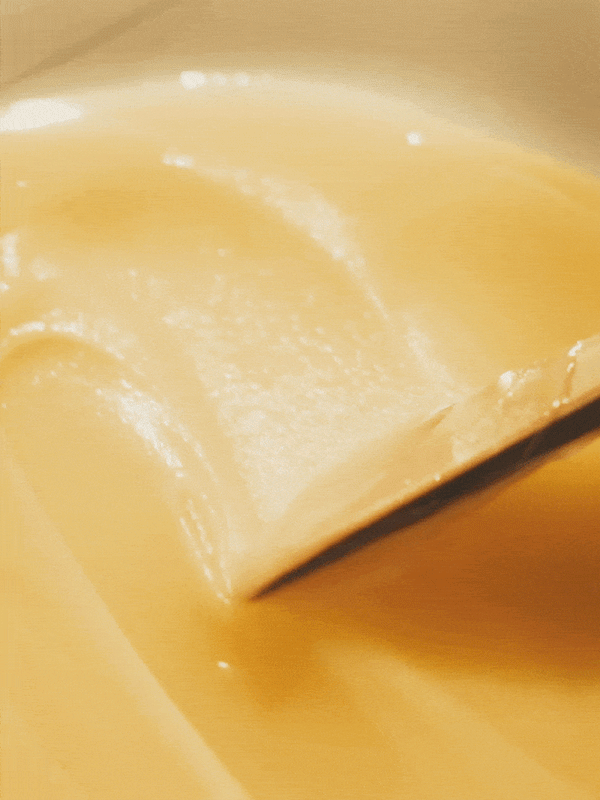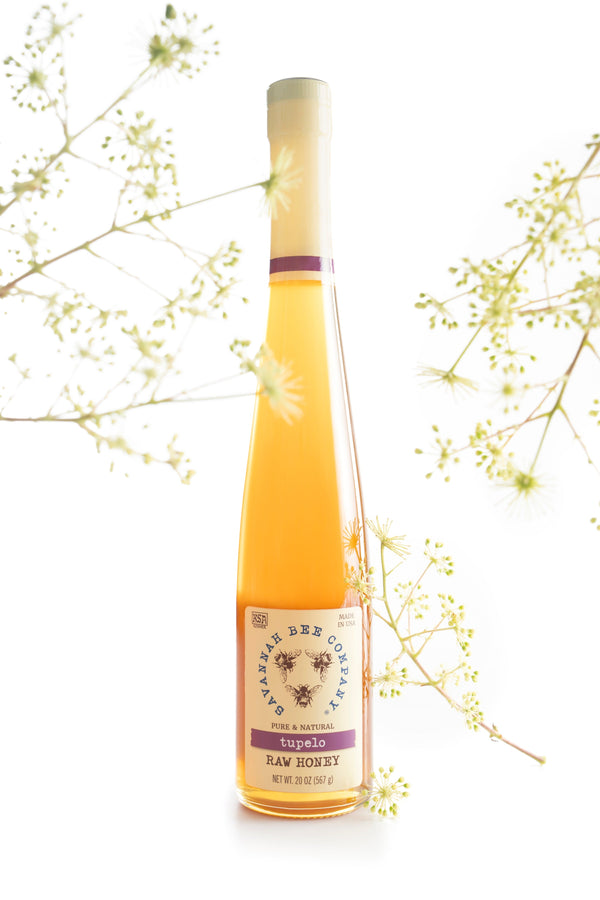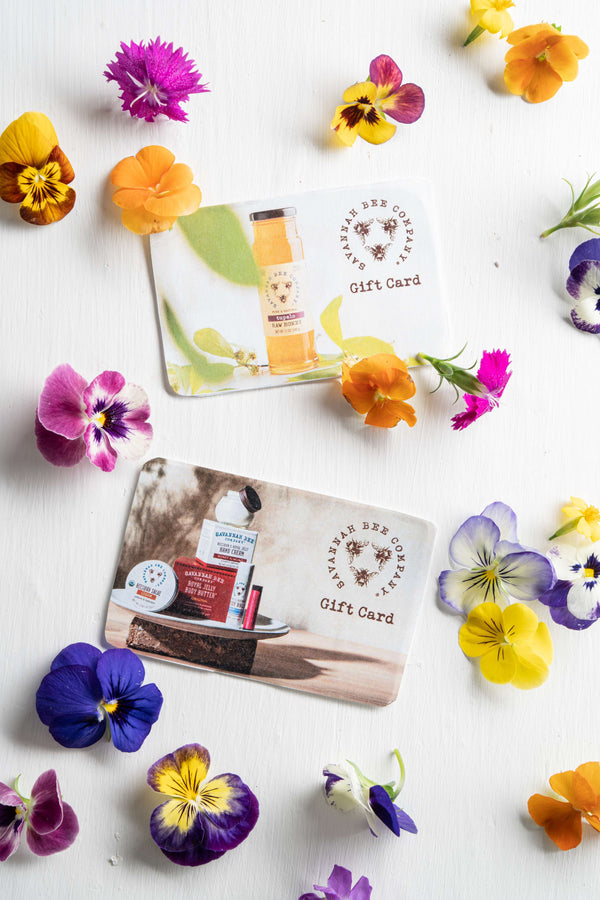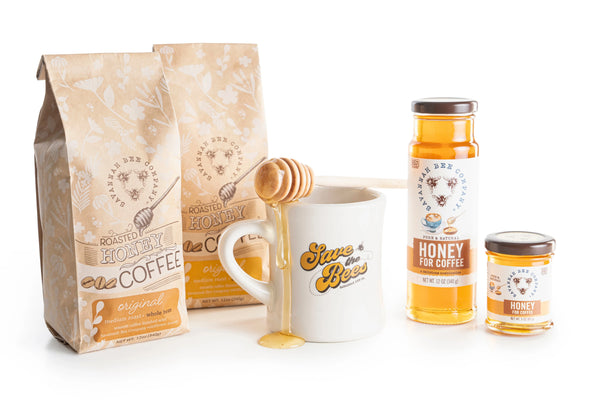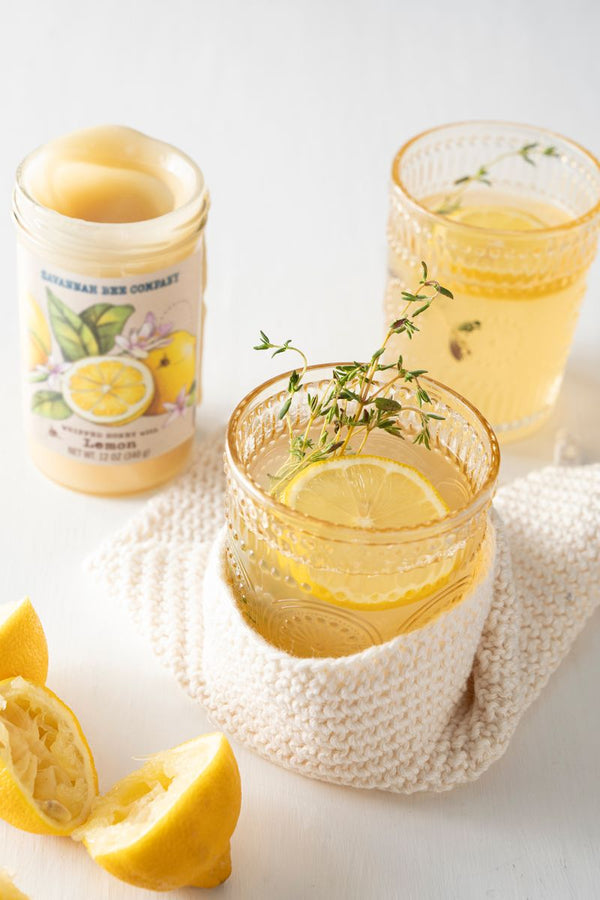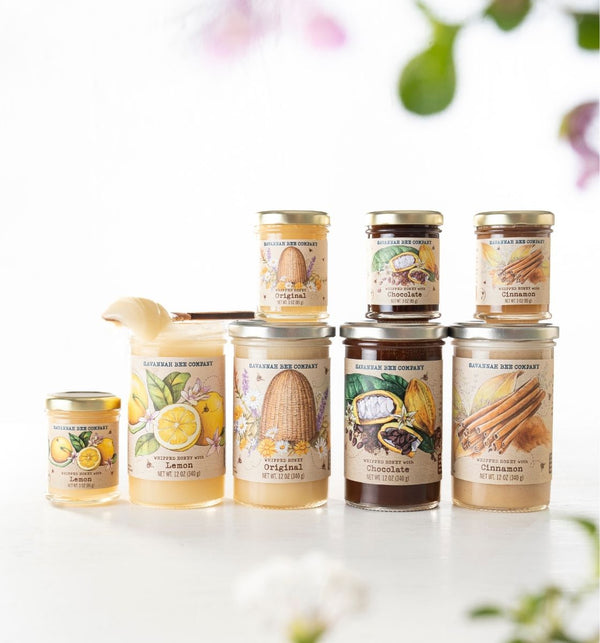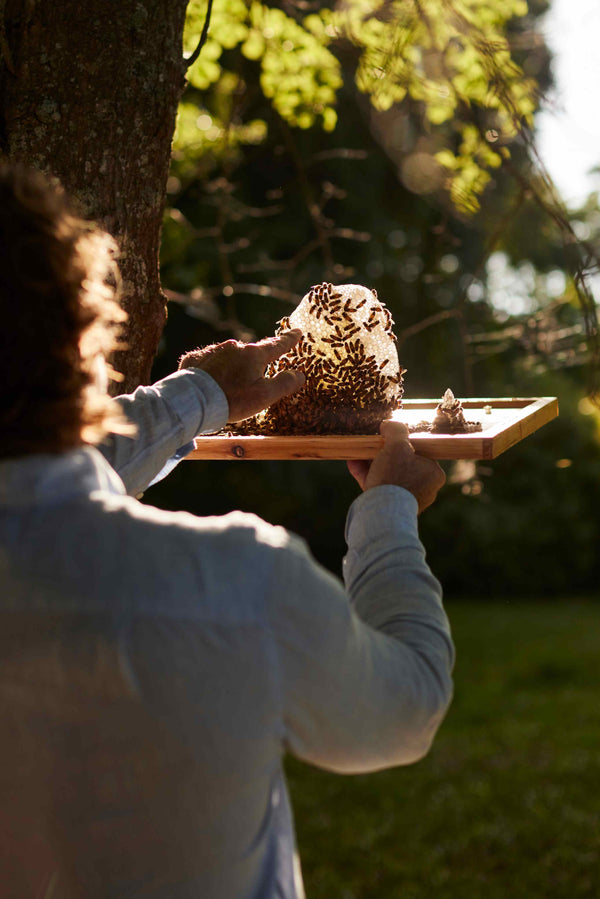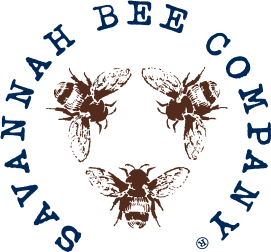Myth or Fact: Raw Honey Helps Allergies
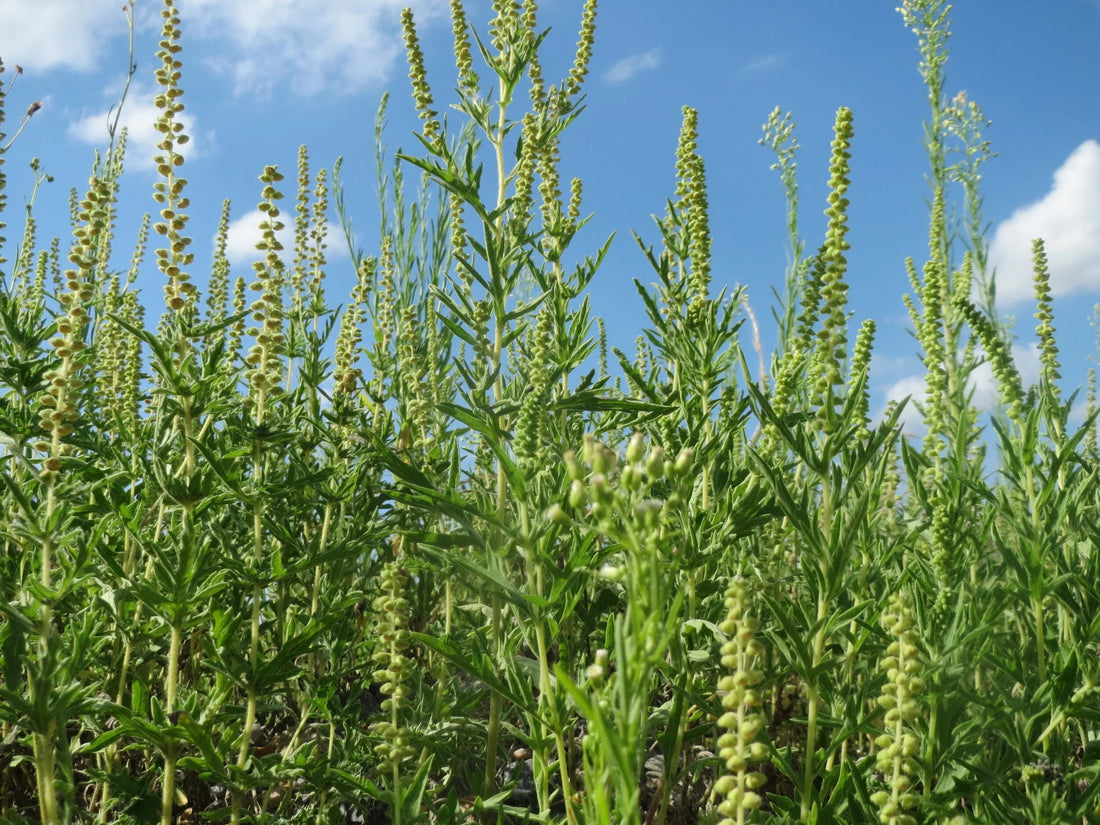
Honey has been sweetening our lives for centuries - not just as a delicious treat, but also as a remedy for pain or sickness.
Honey is said to cure seasonal allergies, but some say this is just a myth. Can honey really help with allergies? Let's look at the facts and see if raw honey is a true allergy relief aid.
Honey and Allergies
The theory behind honey's potential to relieve allergies is simple: bees collect pollen from the very plants that cause your sniffles and sneezes.
By consuming honey made from that pollen, you're essentially giving your body a tiny, tasty exposure to the allergen, which could stimulate your immune system to build up a tolerance over time. It’s like allergy shots, but way more delicious. But does the science support these sweet stories?
Let’s Talk Science
First things first: when we're talking about honey and allergies, we're talking about raw, unfiltered honey. This is the stuff that comes directly from the hive to your table, complete with all the pollen, enzymes, and other natural components that processing tends to strip away.
Several studies have explored the link between honey consumption and allergy relief, but the results have been a mixed bag.
One small study published in the International Archives of Allergy and Immunology found that participants who consumed birch pollen honey had significantly better control of their allergy symptoms compared to those who took conventional medications. However, the study size was small, and more extensive research is needed to confirm these findings.
On the flip side, a review in the Annals of Allergy, Asthma & Immunology suggests that while honey may have some anti-inflammatory effects that could theoretically ease allergy symptoms, there's not enough consistent evidence to officially recommend it as a treatment for allergic rhinitis.
Spoonful of Reality
While the dream of curing allergies with honey is sweet, the reality is that it's not a one-size-fits-all remedy. People with severe allergies should proceed with caution, as consuming honey with pollen can potentially trigger allergic reactions in some cases.
Moreover, for honey to have a better chance of helping with allergies, it needs to be raw, but even more importantly unpasteurized – like Savannah Bee Company honey.
The pasteurization process that most commercial honey undergoes destroys many of the beneficial enzymes and pollen. We keep our honey as natural as possible so that you can get the benefits the bees intended.
Myth or Fact?
In the end, raw honey might offer some benefits for allergy sufferers, but you can’t guarantee. Everyone’s body and allergies are different, and it depends heavily on what is causing the allergic reaction.
However, honey’s anti-inflammatory properties and ability to act as an immune booster make it a worthy addition to a healthy diet, but always remember: moderation is key. And, of course, consult with your healthcare provider before making any significant changes to your allergy treatment plan.
So, is the idea that raw honey helps allergies a myth or a fact? It seems to hover somewhere in between. Honey's role in allergy relief may not be a magic bullet, but it certainly adds sweetness to your natural remedies.
In our opinion, honey’s always worth the buy – make Savannah Bee Company Raw Honey a part of your wellness routine. Whether for allergies, health, or just the pure joy of it, a little honey might just make life a bit brighter—and tastier.
#savethebees
Published



